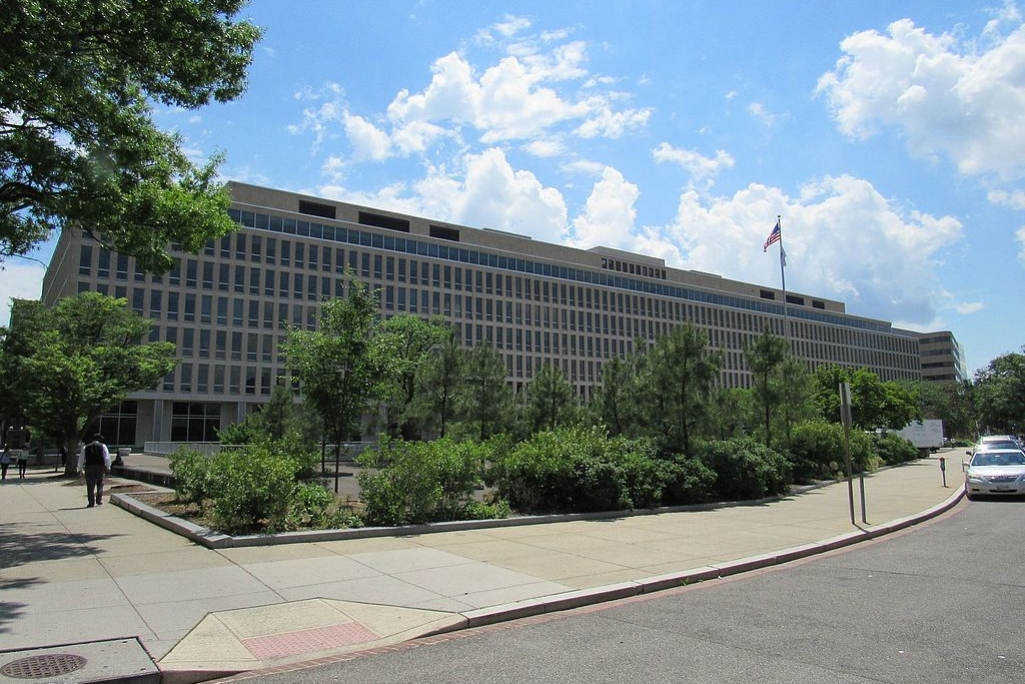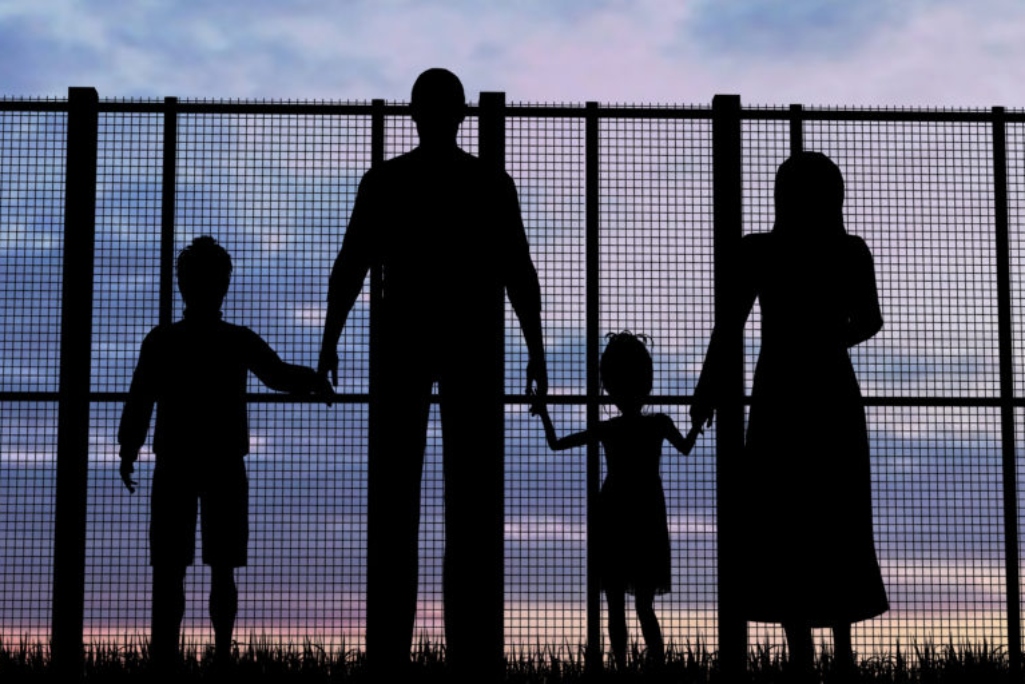
Lyndon Baines Johnson Department of Education Building.
WASHINGTON (BP) – A proposed rule by the Department of Education would greatly reduce the religious freedom of college students, the Southern Baptist Ethics & Religious Liberty Commission told the federal agency.
In public comments filed March 24, the ERLC urged the department to maintain the right of college students to practice their faith that was protected in a 2020 regulation.
The proposed rule’s repeal of provisions in the Trump-era regulation “will transport religious students back to an era in which their right to live out their faith was easily disregarded and their path to fight for their rights was prohibitively burdensome,” ERLC President Brent Leatherwood told the department.
The comments in response to the Department of Education recommendation marked the third time in March the ERLC has expressed opposition to rules proposed by the Biden administration.
In March 6 public comments, the ERLC told the Department of Health and Human Services a proposed regulation about conscience protections would diminish safeguards for the right of Americans to live according to their beliefs. The commission filed comments March 14 objecting to a rule offered by nine agencies that it said would unduly burden the rights of faith-based organizations that participate in federal programs.
The 2020 rule established a condition for federal grants that required pubic institutions of higher education (IHEs) to abide by the First Amendment and private schools to comply with their institutional policies. The regulation barred any public institution from denying a student religious organization “any right, benefit, or privilege” provided other student groups based on the religious organization’s beliefs, practices or standards.
In issuing the proposal in February, the Department of Education said revoking the provisions in the 2020 rule was called for because they are unnecessary to protect free speech and free exercise of religion rights. In addition, the provisions have caused confusion among IHEs and impose “an unduly burdensome role” on the department in investigating allegations of mistreatment of student religious groups, according to the agency.
Rescinding the 2020 provisions will not change its “commitment to emphasize the importance of First Amendment protections, including religious freedom
protections,” at public colleges and universities, the department said.
Leatherwood told the department in his public comments the new proposal will actually re-establish confusion and make enforcement of the rights of religious students more difficult.
“Countless groups were denied access to buildings, funds, and status on the very basis of their religious status” before the 2020 rule was issued, Leatherwood wrote. “In response, the 2020 rule made the First Amendment’s protections for all students crystal clear.”
The U.S. Supreme Court ruled in 1995 the First Amendment requires a public university to provide funding to religious groups on campus if it does so to other student organizations.
He cited refusals by the University of Georgia and University of Texas to recognize student religious groups as examples of hundreds of pre-2020 cases of First Amendment violations documented by the Christian Legal Society. School administrators have frequently rejected official recognition of student organizations that maintain such membership and leadership requirements as affirmation of their beliefs.
Before the 2020 rule, student organizations’ only option when their religious freedom was denied was to file a lawsuit, Leatherwood said. That was expensive for both groups and schools, “even prohibitive” for minority organizations with the inability to take legal action, he said.
“In stark contrast, the 2020 rule provided a clear avenue for relief within the Department should student rights be violated on campus, lowering the cost of pursuing justice and upholding fundamental rights,” Leatherwood wrote.
He told the department, “Without the clear protections found in the 2020 rule, the rights of students to freely exercise their faith will be eroded by a government that finds the tenets of a group’s faith as incongruent with the cultural mores of the day.”
Leatherwood quoted The Baptist Faith and Message, the SBC’s statement of faith, in explaining the importance of conscience protections to the ability of Southern Baptists to live out their faith.
Southern Baptist students “cannot and should not be forced to give up their deeply held religious beliefs in order to fully engage in campus life,” he wrote. “Nor should their Muslim roommate, Jewish sorority sister, Catholic lab partner, or atheist intramural teammate be forced to abandon his or her deeply held convictions to be deemed worthy and safe to be an active member of the student body.”
(EDITOR’S NOTE – Tom Strode is Washington bureau chief for Baptist Press.)


